Rishi Sunak has failed in his pledge to ‘Stop the Boats’, and the £480 million deal he signed with France in March is nothing more than a gargantuan waste of money. In fact, the French have intercepted fewer migrants in the Channel this year than they did in 2022. If the Prime Minister is truly committed to stopping the boats he must look to Australia and not France for inspiration. It is ten years this summer since Australia solved its own small boat problem. It did so with determination, courage and a refusal to be cowed by howls of outrage from those who champion a borderless world.
The people smugglers will be delighted that the EU continues to effectively endorse their lucrative and highly dangerous trade
It was Kevin Rudd’s Labour government that announced its ‘Regional Settlement Arrangement’ with Papua New Guinea. The scheme laid out a plan whereby any asylum seeker landing on Australian territory would be sent to Papua New Guinea for assessment. If they were deemed to be a refugee they would be resettled there. In addition, Australia also reactivated its pushback policy – first deployed between 2001 and 2003 – so that if the Australian navy intercepted any vessel in its waters, and organised the safe return of the passengers and crew to their countries of departure. The government said they had taken the measure because ‘our country has had enough of people smugglers exploiting asylum seekers and seeing them drown on the high seas.’
Much was made of the ‘c’ word. ‘We are a compassionate nation and we will continue to deliver a strong humanitarian program,’ said a government spokesman. ‘There is nothing compassionate about criminal operations which see children and families drowning at sea.’ Australians had been shocked by two tragedies in the previous three years involving migrant boats heading for their shores. In December 2010, 50 people drowned when their fishing boat was dashed against rocks off Christmas Island; a year later over 200 men, women and children were lost when their vessel capsized off Java.
Despite the disasters, the migrants kept coming, placed in unseaworthy boats by the ruthless network of people smugglers. Between July 2012 and July 2013, more than 25,000 people arrived illegally by boat on Australian territory. Then came the Accord with Papua New Guinea and the figures plummeted. Just 157 in the 12 months to July 2014, and the year after there was not one illegal arrival.
The Australian government had destroyed the people smugglers’ business model; who was now going to hand over several thousand dollars to end up not in Perth or Sydney but Port Moresby? It also indicated that Australian politicians had been right all along: the majority of the people in the boats were not desperate refugees but economic migrants. When Tony Abbott succeeded Rudd as PM he continued the pushback policy. ‘As long as the boats keep coming, we will keep having deaths at sea,’ he reasoned. ‘So, the most decent, humane and compassionate thing you can do is to stop the boats.’
Many on the left disagreed. They regarded Australia’s zero tolerance as ‘cruel’ or ‘inhumane’. The United Nations has been a particular critic of Australia, and a 2017 report written by Agnes Callamard declared that their pushback policy may ‘intentionally put lives at risk, given that security officials know, but disregard, the reality that returnees may be victims of brutal crimes when returned under these circumstances.’
The people who attempted to reach Australia were mainly from Iran, Iraq, Afghanistan and Sri Lanka. Nearly 6,500 of the latter landed in Australia by boat in 2012, a journey of 3,600 miles. India, on the other hand, with whom Sri Lanka has – according to the Indian High Commission – 2,500 years of ‘intellectual, cultural, religious and linguistic interaction’ is 18 miles to the west. Similarly, it would seem more logical and far safer for Iranians and Iraqis to apply for asylum in Kuwait, Jordan, Bahrain or Saudi Arabia, rather than risk their lives in the Indian Ocean, or, as they now do, attempting to reach Europe across the Mediterranean. The likes of Agnes Callamard – who now heads Amnesty International – ignore this inconvenient fact. Throughout the migrant crisis of the last decade, it is only European countries that are taken to task for not doing their bit.
The pro-migrant lobby never criticises the Saudis or the Qataris, not even when they refused to take in Syrian refugees in 2015. The Saudis defended themselves at the time by claiming that they had offered to finance the construction of 200 mosques in Germany so that Syrian refugees could pray. Even before the migrant crisis of 2015, Tony Abbott had urged Europe to adopt Australia’s pushback policy. In April of that year, shortly after 800 migrants had drowned in the Mediterranean, Abbott said that the only way to prevent further tragedies was to make the people smugglers understand that no migrant would be allowed to remain on European soil. Even many on the left – including some voices in the Guardian – admitted that Australia’s tough approach had worked and that not one migrant life had been lost at sea since its implementation.
Throughout the migrant crisis of the last decade, it is only European countries that are taken to task for not doing their bit
Nonetheless, the European powerbrokers, be they in Brussels, Berlin, Paris or London, ignored Abbot’s advice. Italy PM’s Giorgia Meloni is an advocate of the Australian scheme, as she explained to The Spectator in an interview last year when she said the EU should set up ‘hotspots in Libya to process asylum requests’. But instead, the EU has opted for a relocation initiative, whereby member states will have a choice: accept your quota of migrants or pay a €20,000 fine for each one refused entry. The people smugglers will be delighted that the EU continues to effectively endorse their lucrative and highly dangerous trade.
Rest assured, the boats will keep coming and migrants will keep drowning. Since January 2016, nearly 16,000 migrants have perished in the Mediterranean, and scores have also drowned in the Channel, including six at the start of this week. In response to the latest tragedy, the head of one pro-migrant NGO declared: ‘The border kills and we will see more deaths in the Channel unless safe routes are established. The smugglers only exist because there are no safe routes.’
Incorrect. It’s not borders that kill, it’s the fact that governments in Europe haven’t the courage to enforce them. Australia proved this.
Got something to add? Join the discussion and comment below.
Get 10 issues for just $10
Subscribe to The Spectator Australia today for the next 10 magazine issues, plus full online access, for just $10.


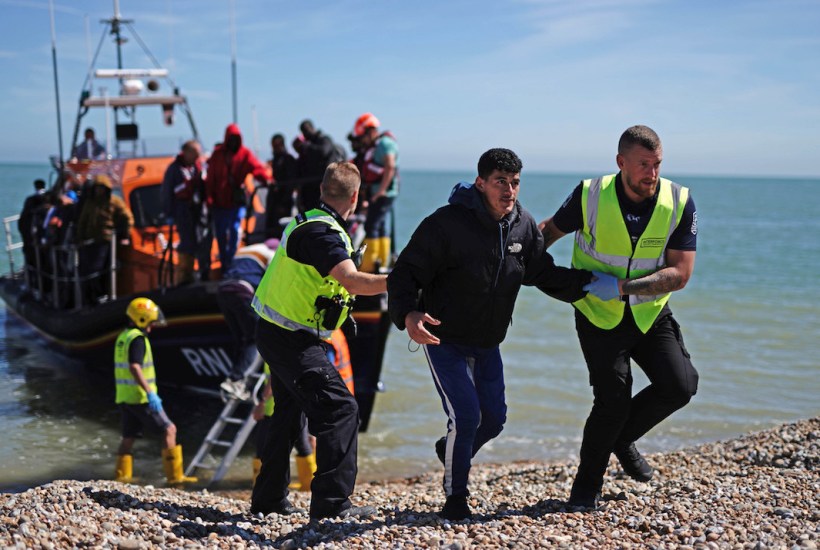
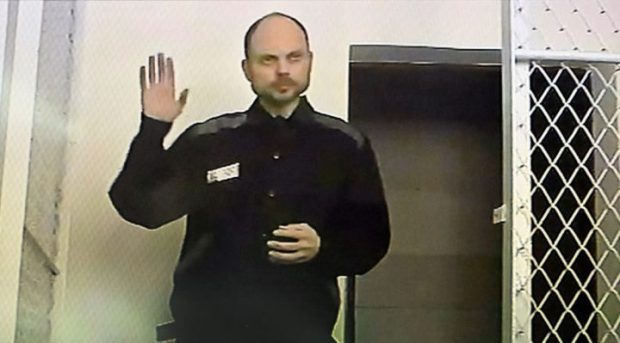
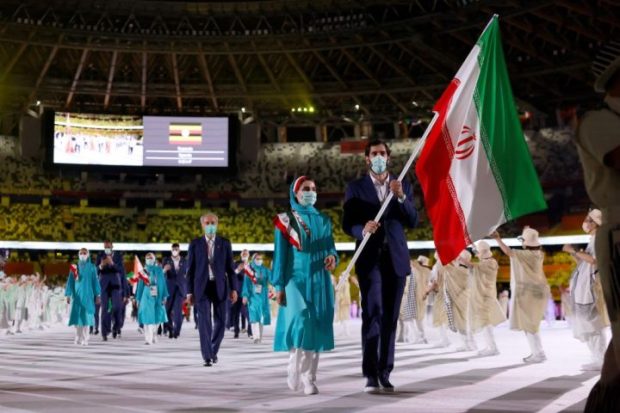
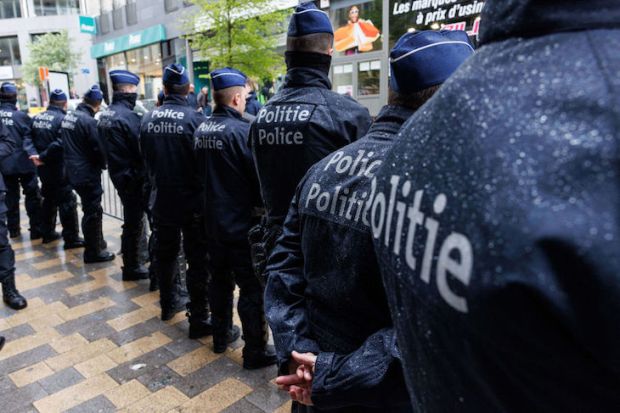

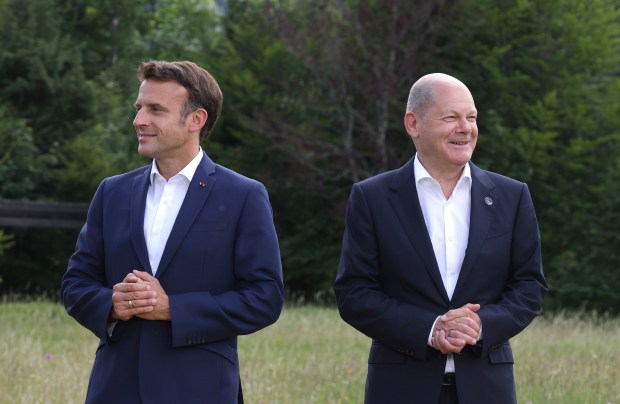
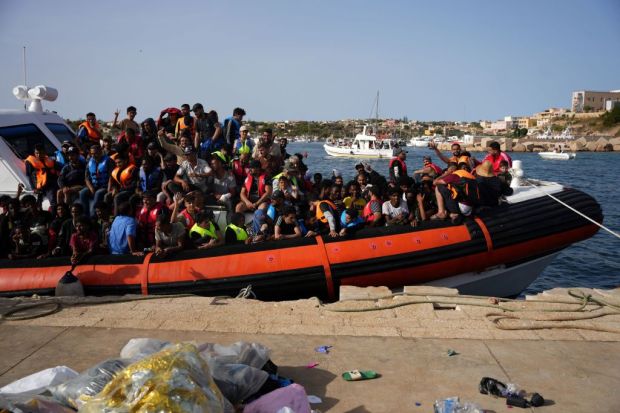












Comments
Don't miss out
Join the conversation with other Spectator Australia readers. Subscribe to leave a comment.
SUBSCRIBEAlready a subscriber? Log in